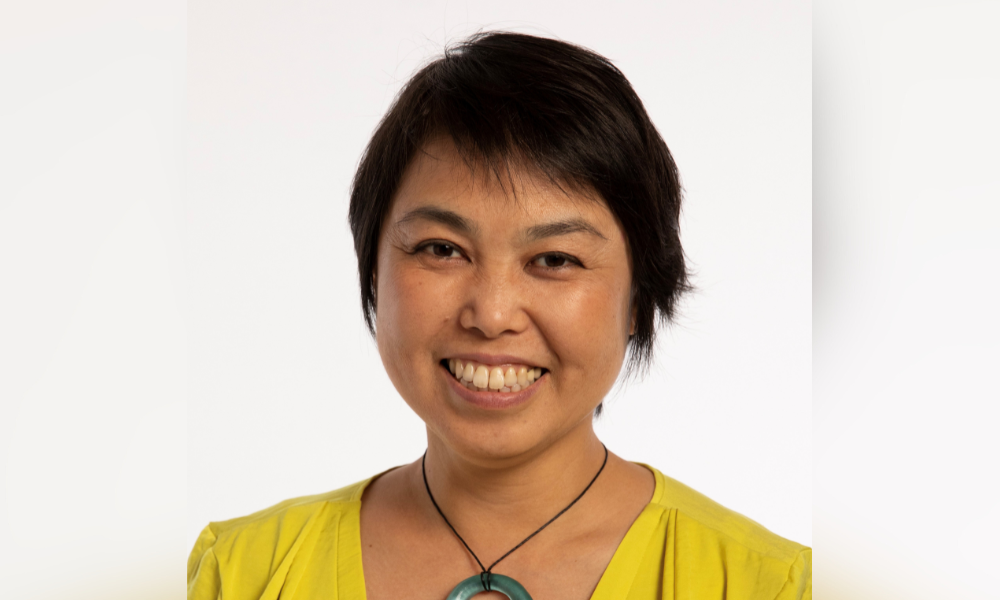Independent fishermen say ITQ-based model will reduce proper oversight
The United Fishermen and Allied Workers’ Union (UFAWU-Unifor) recently rallied in Vancouver to protest proposed changes to British Columbia’s salmon fishery.
The Department of Fisheries and Oceans (DFO) is considering a shift from its current open fishery model — one where a fisherman’s catch is determined by skill — to one based on Individual Transferable Quotas (ITQs).
A change to ITQs will mean a fisherman’s catch is determined by wealth, the union says, leading to higher demands and rising quota prices until only large corporate fleets will be able to afford licenses.
The union says the current model allows fishery managers to closely monitor operations throughout the year to prevent over-fishing. A switch to ITQ, it argues, will reduce proper oversight and wipe out independent fishermen.
“Selling off salmon to the highest bidder will be a disaster for independent fishermen and small coastal communities,” said Kim Olsen, president of UFAWU-Unifor, in a statement. “We’re proud to be independent fishermen, and we’re not going to let the government decimate our fleets.”
The DFO is currently meeting with commercial salmon fishers’ representatives to discuss the proposed move to an ITQ model.




